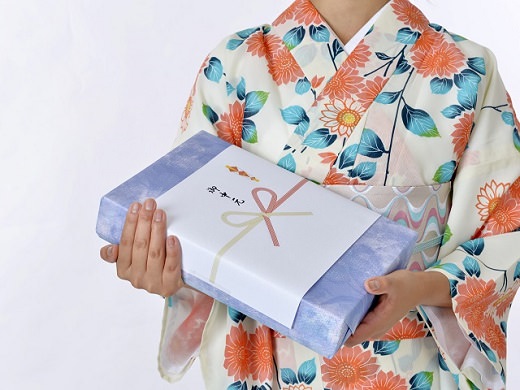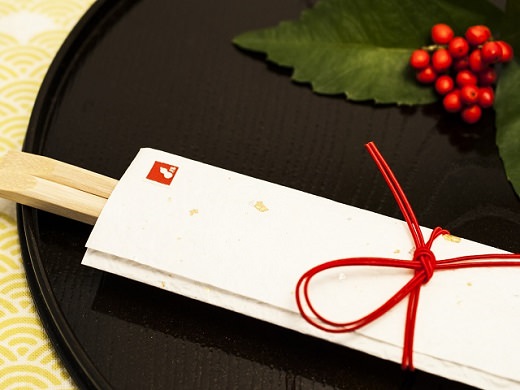-
- USA/Canada 1-800-285-2726
- Australia (02) 8006 4411

Etiquette is very important in Japan. The way we speak, the way we refer to others, and just in general, the way we act, all reflect the Japanese way of life.
You might be aware of some of the traditional Japanese manners and customs such as taking your shoes off before entering a home or bowing as a greeting but do you really know what to do with the shoes after you take them off or how deep you should be bowing?
Before traveling, it would be a good idea to take a look at some of the manners and customs the Japanese follow.
Respect and politeness in Japanese Language
In Japan, people refer each other by their last name followed by their first name.
The last name is used with the appropriate title following the name
Greeting, Expressing gratitude, Apologizing and shows respect

Japan is a unique country with many interesting customs. Whether it be customs during the holidays like children receiving otoshidama or envelopes with allowances or people waiting in lines to buy fukubukuro or lucky bags with a bunch of goodies on New Years, Japan has many unique customs.
Some customs will be helpful to know when traveling. For example, it is not customary to tip in Japan in restaurants or hotels or anywhere. Or you might have finished a quick lunch and you're looking for a trash can only to find three different boxes. The Japanese take their recycling and trash sorting very seriously. You will need to know which trash belongs in which bin depending on whether it is burnable or not burnable trash.
New Years Allowance
Wet hot or cold towel, presented to customers before a meal
Japanese Backpacks
Lucky Bags with goodies sold during the New Years
In Japan, tipping is not mandatory, nor is it customary
Take the correct type of trash out on the correct day
When children lose a baby-tooth in Japan, the custom is to throw the tooth either straight up or straight down.
Chopsticks are the Japanese equivalent to a Fork and Spoon when eating.
Yokai are Japanese-spirits and demons in Japanese folk-tales. The Yokai are used in many stories through out Japan's history, still with popularity today in the media. Yokai are supernatural beings that posses incredible powers, and are sometimes revered as gods. While there are differences depending on the region you visit, Yokai play a role in Japan's mythology, and the stories have entertained generations for hundreds of years.
Yatagarasu is a three-legged crow in Japanese mythology.
Tengu are legendary creatures found in Japanese folk stories
Kappa are a yokai spirit found in traditional Japanese mythology.
Okinawa's mythical Lion-Dogs protect homes and keep bad luck away.
Combination of pinball & slot machines in Japan
Considerate of Others? Preventing Getting Sick?
Japanese Raccoon Dogs
Japanese Rhinoceros Beetles
Taiko are a broad range of Japanese drums used throughout Japan's history.
A happi is a traditional Japanese robe with the family crest or mon printed on the back.
When you travel Japan, you would see many Jizo-statue along the road, in temples, anywhere in Japan
Mon, or Kamon, are Japanese emblems used to identify an individual or family.